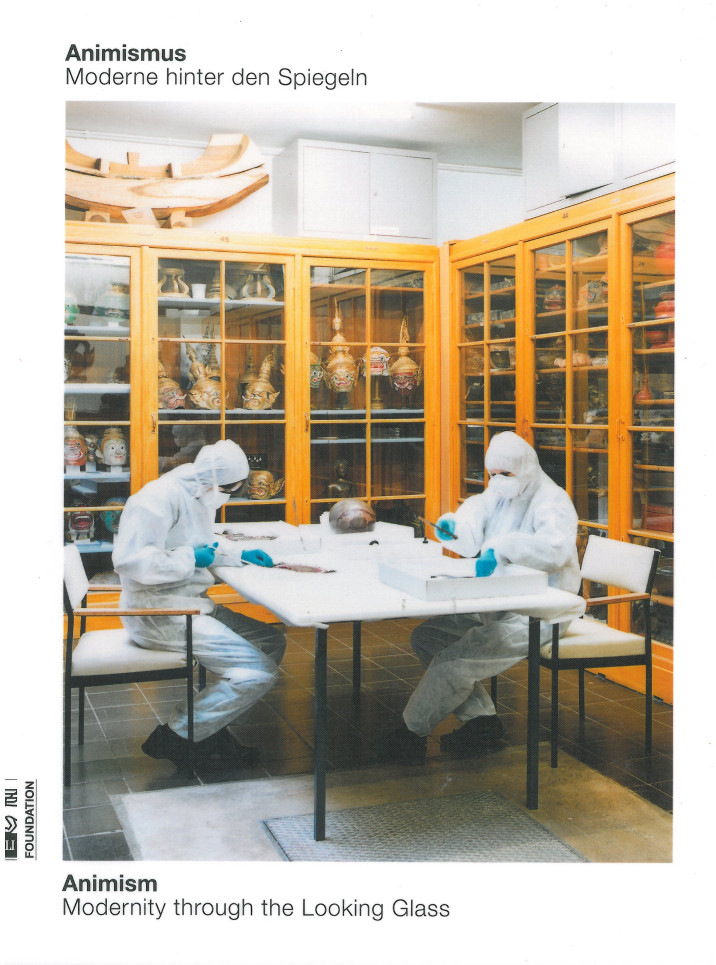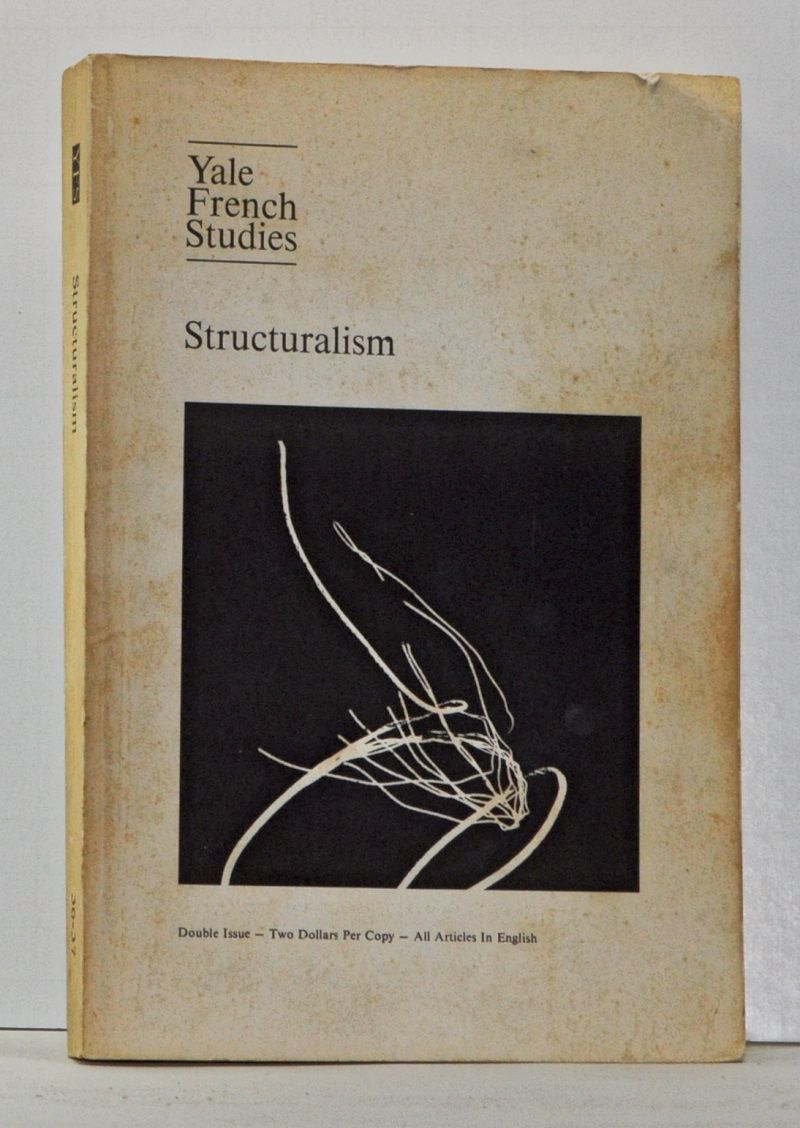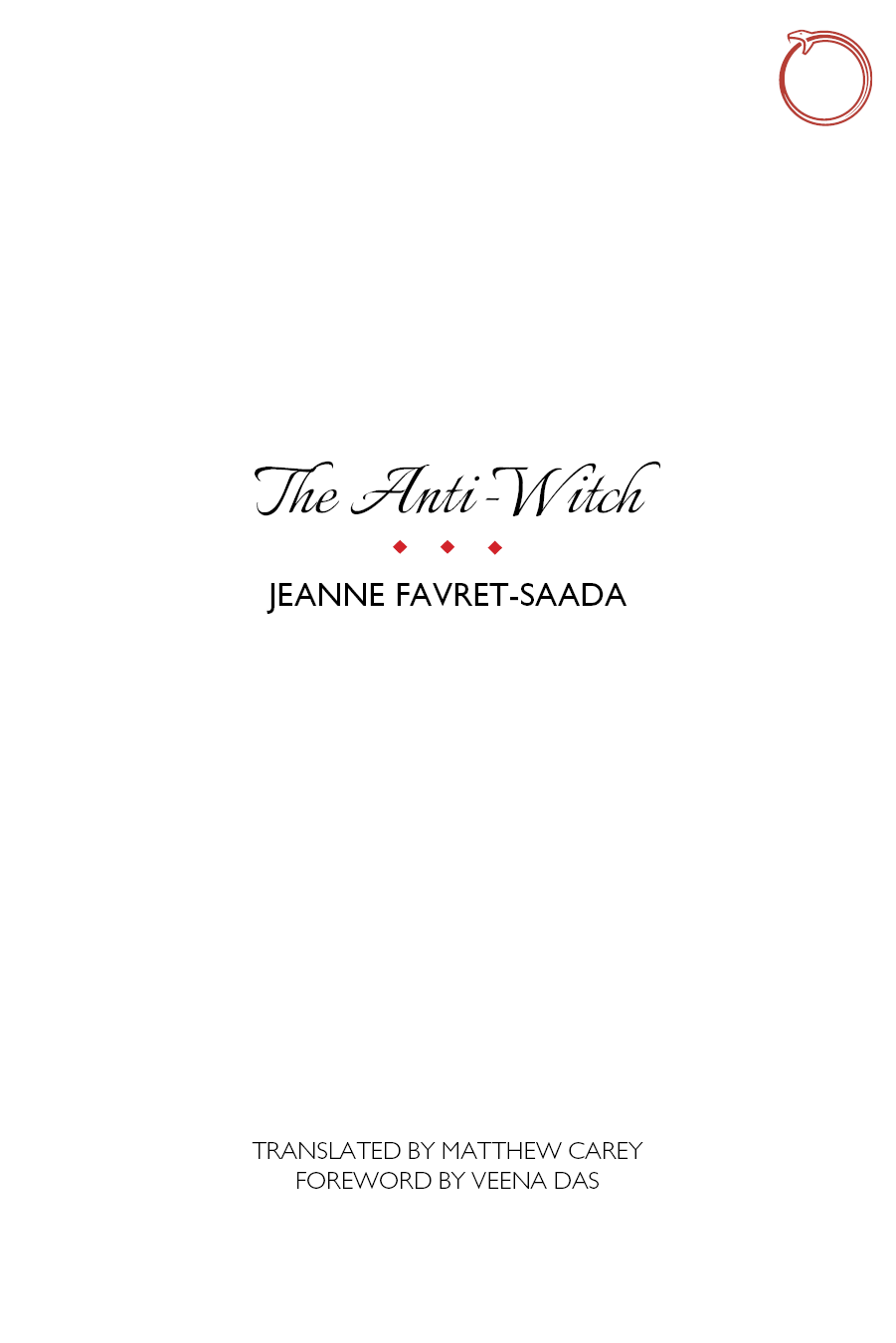Anselm Franke, Sabine Folie (eds.): Animismus: Moderne hinter den Spiegeln / Animism: Modernity through the Looking Glass (2011) [DE/EN]
Filed under catalogue | Tags: · animism, art, colonialism, conceptual art, ethnology, modernity, psychoanalysis

“Animism. Modernity through the Looking Glass takes its cue from the ethnological concept of animism that emerged in the nineteenth century in the context of colonialism in search of a “primal” religion. The term was applied to cultures that view nature and objects as having a soul and a life of their own. This concept borrowed from ethnology also plays a key role in psychoanalysis, where it denotes a mental state in which the inner and outer worlds are not distinct from each other.
The catalogue brings together artworks, documents, and artifacts to create an essayistic visual space that points to the need for a decolonialization and revision of this traditional understanding of animism. The show juxtaposes historical materials such as early attempts to animate technologically reproduced images with contemporary works addressing the line between life and non-life.”
With essays by Sabine Folie, Anselm Franke, Isabelle Stengers, and conversation with Elisabeth von Samsonow by Angela Melitopoulos and Maurizio Lazzarato.
Publisher Generali Foundation, Vienna, and Buchhandlung Walther König, Cologne, 2011
ISBN 9783863350703
229 pages
via cblip
PDF (35 MB)
Comment (0)Yale French Studies 36/37: Structuralism (1966)
Filed under journal | Tags: · anthropology, language, linguistics, literary criticism, literary theory, philosophy, psychoanalysis, structuralism, unconscious

An early English-language collection of French structuralist writings.
Essays by André Martinet, Philip E. Lewis, Claude Lévi-Strauss, Harold W. Scheffer, Sheldon Nodelman, Jan Miel, Jacques Lacan, Geoffrey Hartman, Jacques Ehrmann, Michael Riffaterre, and Victoria L. Rippere. Bibliographies compiled by Elizabeth Barber, Allen R. Maxwell, Jacques Lacan, Anthony G. Wilden, and T. Todorov.
Edited by Jacques Ehrmann
Publisher Yale University Press, 1966
272 pages
PDF (17 MB)
Comment (1)Jeanne Favret-Saada: The Anti-Witch (2009/2015)
Filed under book | Tags: · anthropology, ethnography, psychoanalysis, witchcraft

“A synthesis of ethnographic theory and psychoanalytic revelation, where the line between researcher and subject is blurred—if not erased—The Anti-Witch develops the contours of an anthropology of therapy, while deeply engaging with what it means to be caught in the logic of witchcraft. Through an intimate and provocative sharing of the ethnographic voice with Madame Flora, a “dewitcher,” Favret-Saada delivers a critical challenge to some of anthropology’s fundamental concepts.
Of interest to practitioners of psychoanalysis as well as to anthropologists, The Anti-Witch will bring a new generation of scholars into conversation with the work of a truly innovative thinker.”
First published as Désorceler, Éditions de l’Olivier, Paris, 2009.
Translated by Matthew Carey
Foreword by Veena Das
Publisher HAU Books, 2015
Open Access
ISBN 9780990505044
140 pages
Reviews: Arnaud Esquerre (Gradhiva, FR), Catherine Laurent-Chatelain (Société Psychanalytique, FR), Xavier Houssin (Le Monde, FR).
HTML (on publisher’s website)
Comment (0)
